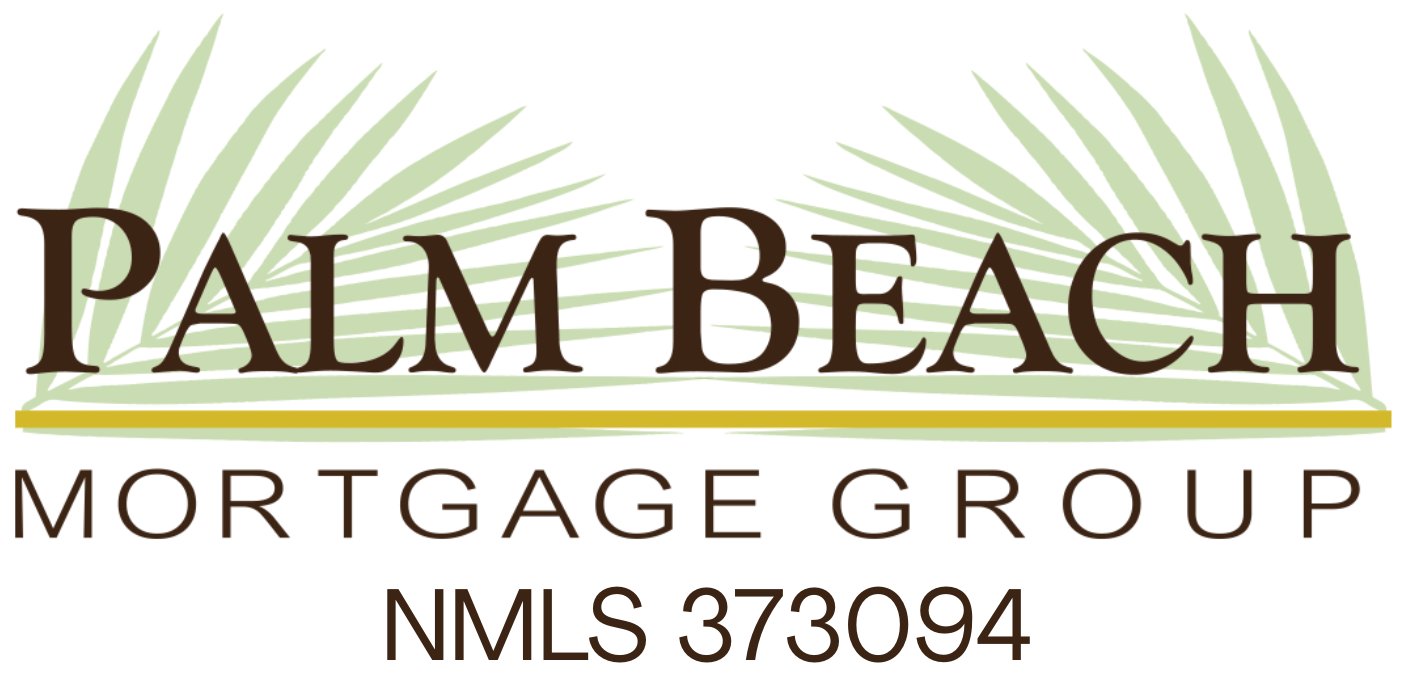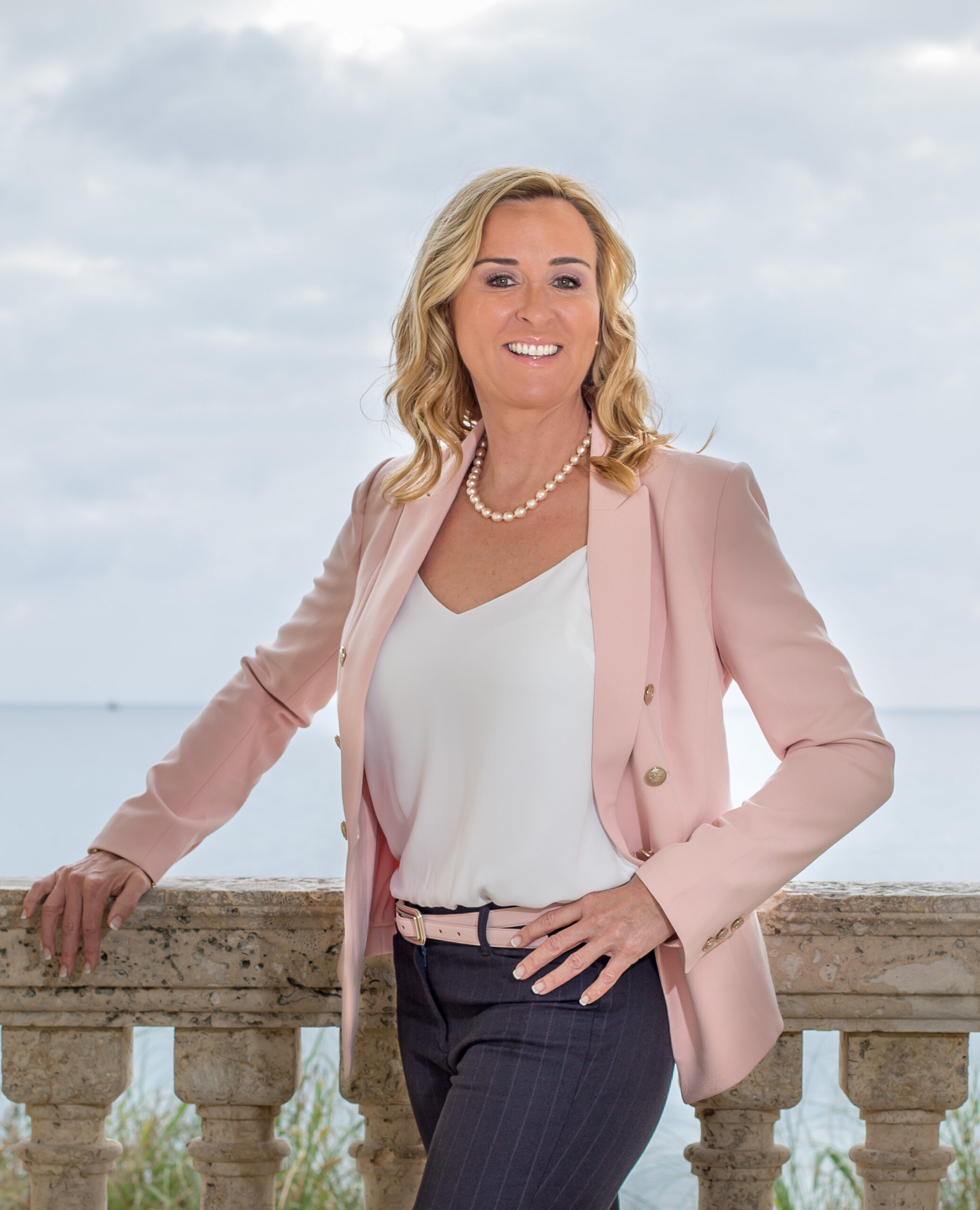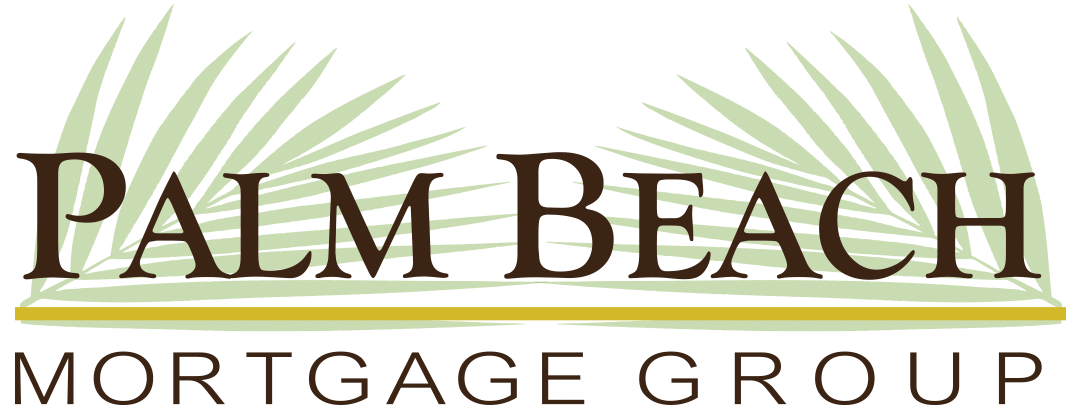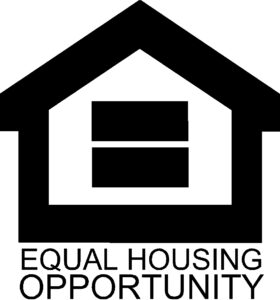Reverse Mortgage Loan in West Palm Beach, FL
Reverse Mortgage Loan
Are you looking into a reverse mortgage loan in West Palm Beach? Improve your life by cashing in on your home’s equity. Whether seeking money to finance a home improvement, pay off a current mortgage, supplement their retirement income, or pay for healthcare expenses, many older Americans are turning to “reverse” mortgage loans. They allow older homeowners to convert part of the equity in their homes into cash without having to sell their homes or take on additional monthly bills.
In a “regular” mortgage, you make monthly payments to the lender. But in a “reverse” mortgage, you receive money from the lender and generally don’t have to pay it back for as long as you live in your home. Instead, the loan must be repaid when you die, sell your home, or no longer live there as your principal residence. Reverse mortgage loans can help homeowners who are house-rich but cash-poor stay in their homes and still meet their financial obligations.
To qualify for most reverse mortgage loans, you must be at least 62 and live in your home. The proceeds of a reverse mortgage loan in West Palm Beach (without other features, like an annuity) are generally tax-free, and many reverse mortgage loans have no income restrictions.
Suzanne Downs
Co-Owner & Founder
NMLS# 289859
Three Types of Reverse Mortgage Loans
The three basic types of reverse mortgage loans are: single-purpose reverse mortgage loans, which are offered by some state and local government agencies and nonprofit organizations; federally-insured reverse mortgage loans, which are known as Home Equity Conversion Mortgages (HECMs), and are backed by the U. S. Department of Housing and Urban Development (HUD); and proprietary reverse mortgage loans, which are private loans that are backed by the companies that develop them.
Single-purpose reverse mortgage loans generally have very low costs. But they are not available everywhere, and they only can be used for one purpose specified by the government or nonprofit lender, for example, to pay for home repairs, improvements, or property taxes. In most cases, you can qualify for these loans only if your income is low or moderate.
Single-Purpose Reverse Mortgage Loans
Single-purpose reverse mortgage loans are a type of reverse mortgage designed to provide homeowners with funds for a specific, lender-approved purpose. Unlike traditional reverse mortgages that can be used for any need, single-purpose reverse mortgages are typically offered by state or local government agencies and non-profit organizations. They are often used for essential home repairs, property taxes, or improvements to increase the home’s livability and safety. These loans usually come with lower costs and fees compared to other reverse mortgage options, making them an affordable solution for low-to-moderate-income homeowners who need financial assistance for specific needs.
Home Equity Conversion Mortgages (HECMs)
Home Equity Conversion Mortgages (HECMs) are the most common type of reverse mortgage in the United States, insured by the Federal Housing Administration (FHA). HECMs allow homeowners aged 62 and older to convert a portion of their home equity into cash while retaining ownership of their home. The loan amount is based on the home’s value, the borrower’s age, and current interest rates. Borrowers can choose to receive the funds as a lump sum, monthly payments, a line of credit, or a combination of these options. HECMs come with mandatory counseling to ensure borrowers understand the loan terms and obligations, making them a secure and flexible financial tool for retirees looking to supplement their income.
Proprietary Reverse Mortgage Loans
Proprietary reverse mortgage loans, also known as jumbo reverse mortgages, are private loans offered by mortgage companies and banks. These loans are designed for homeowners with high-value properties that exceed the maximum limits set by FHA-insured HECMs. Proprietary reverse mortgages allow homeowners to access more significant loan amounts, making them an attractive option for those with substantial home equity. Since they are not government-insured, the terms, fees, and interest rates may vary between lenders. Proprietary reverse mortgages provide a flexible financial solution for affluent homeowners seeking to leverage their home equity without the constraints of federal limits.
Loan Features
Reverse mortgage loan advances are not taxable, and generally do not affect Social Security or Medicare benefits. You retain the title to your home and do not have to make monthly repayments. The loan must be repaid when the last surviving borrower dies, sells the home, or no longer lives in the home as a principal residence. In the HECM program, a borrower can live in a nursing home or other medical facility for up to 12 months before the loan becomes due and payable.
If you are looking into a reverse mortgage loan in West Palm Beach, call the team at Palm Beach Mortgage Group, Inc.!
Frequently Asked Questions:
What is a reverse mortgage?
A reverse mortgage is a type of loan available to homeowners aged 62 or older that allows them to convert part of their home equity into cash. Instead of making monthly payments to a lender, the lender makes payments to the homeowner.
How does a reverse mortgage work?
With a reverse mortgage, the homeowner receives payments from the lender based on their home equity. Interest accrues on the loan balance over time, and the loan becomes due when the borrower permanently moves out of the home or passes away.
What types of reverse mortgages are available?
There are three main types of reverse mortgages: Home Equity Conversion Mortgages (HECMs) insured by the Federal Housing Administration (FHA), proprietary reverse mortgages offered by private lenders, and single-purpose reverse mortgages typically offered by state or local government agencies.
What are the eligibility requirements for a reverse mortgage?
To qualify for a reverse mortgage, homeowners must be at least 62 years old, own their home outright or have a significant amount of equity, and live in the home as their primary residence.
How much money can I get from a reverse mortgage?
The amount a homeowner can receive from a reverse mortgage depends on several factors, including the age of the youngest borrower, the home’s value, current interest rates, and the specific program.
Do I have to repay a reverse mortgage?
Repayment of a reverse mortgage becomes due when the homeowner permanently moves out of the home, sells the home, or passes away. The loan balance, including accrued interest and fees, must be repaid, typically from the proceeds of the home sale.
What are the costs associated with a reverse mortgage?
Costs may include origination fees, closing costs, mortgage insurance premiums, and interest. These costs can vary depending on the type of reverse mortgage.
Can I lose my home with a reverse mortgage?
The homeowner retains ownership of the home with a reverse mortgage. However, failure to meet loan obligations, such as paying property taxes or homeowners insurance, could lead to foreclosure.
How does a reverse mortgage affect my heirs?
After the borrower passes away or permanently leaves the home, heirs have options to repay the loan and keep the home, sell the home to repay the loan, or allow the lender to sell the home to satisfy the loan balance.
Can I use the funds from a reverse mortgage for any purpose?
Generally, yes. Borrowers can use the funds from a reverse mortgage for any purpose, whether it’s to cover living expenses, home renovations, healthcare costs, or other financial needs.
Newsletter
Free Consultation
Contact Us
Looking for West Palm Beach mortgage brokers? Give the team at Palm Beach Mortgage Group Inc. a call today!
Quick Quote
If you are ready to apply for a loan right now, please select this option. This will take about 10-15 minutes to complete.
Apply Now
If you are ready to apply for a loan right now, please select this option. This will take about 10-15 minutes to complete.






